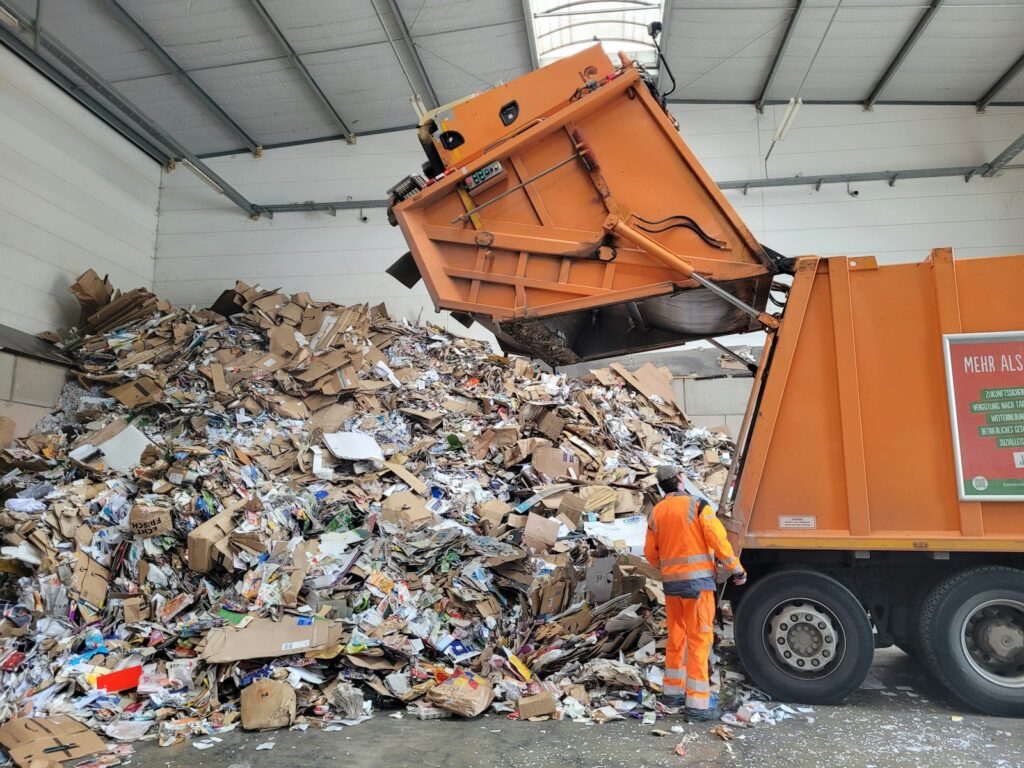Changes in the behaviour of fish are linked to prescription drugs, while flea treatment for cats and dogs has been identified in coastal waters.
Analysis of 339 seawater, shellfish and seaweed samples taken at Chichester and Langstone harbours has found the presence of more than 100 harmful chemicals.
The research, conducted in spring and autumn 2022 by the Clean Harbours Partnership, has identified around 67 prescription medications, nine recreational drugs and 29 pesticides within the specimens. The insecticide imidacloprid has raised particular concerns due to its nationwide ban within agriculture.
The substance’s prohibition is a clear sign of how damaging this can be to nature. It is still commonly found in flea treatments for cats and dogs, pets which are often recommended to aid mental health in humans.
Pollutant levels were also found to be up to more than 100 times higher in areas where wet weather had led to sewer overspill, emphasising the relationship between fresh and waste water infrastructure and marine life.
The investigation, first published in the journal Environment International, appeared shortly before the results of a second project which suggests anti-anxiety medication could effect the behaviour of certain fish species.
Researchers in Sweden attached 279 micro-tracking devices to juvenile salmon, or smolts, and then observed their 13-day journey to from river to Baltic Sea. Those that had been administered clobazam at levels often found in rivers, a sedative often given to anxiety sufferers, were actually more likely to reach their destination – with 25% completing the journey. Only 10% of those that had not been ‘drugged’ made the full trip.
Further analysis showed those that were under the influence had taken more risks, and were less prone to seek shelter from predators. They also navigated hydroelectric dams more effectively, and it has been hypothesised that as the medication accumulates it could impact other brain functions.
Image: Lloyd Henneman / Unsplash
More on waste, pollution and recycling:
Overpacked: Easter excess bites into Britain’s Bank Holiday fun
China drives global warming surge with air pollution clampdown


















